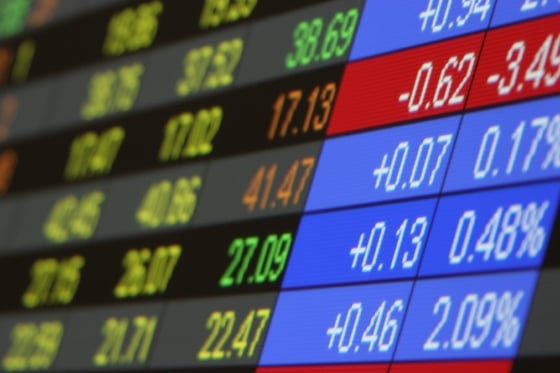Survey reveals deep mistrust of equity markets; a third of respondents fully in cash
Advisers have their work cut out for them in 2011 as the results of a recent survey showed that more than half (54%) of middle-income investors say they will never feel comfortable investing in the stock market again.
Eighty-nine percent of investors surveyed by MFS Investments said they were “very concerned” about another serious drop in the market. And seventy-one percent said they were pessimistic in their outlook for the U.S. economy over the next five years. Not surprisingly, given these dim views, 37% of investors surveyed said their portfolios are in cash and 39% have decreased their contributions to their 401(k) plans and individual retirement accounts.
That doesn't mean that investors don't want financial advice. Forty-eight percent of respondents said their need for financial advice has increased since the downturn. But a large question that the survey brings up is, “How much are investors willing to pay for advice?”
“I think the challenge for the industry is articulating the price model,” said Bill Finnegan, director of global retail marketing for MFS. “It's not a one-price-fits-all decision.”
Financial advisers who are looking for new ways to address clients' concerns can take comfort in one finding of the MFS survey: 20% of the investors said they would prefer weekly e-mails from advisers during volatile periods, more than double for any other contact channel.
The fact that investors are so shellshocked isn't surprising, given the past few years, Mr. Finnegan said. He added, however, that it's up to advisers to use this as an opportunity
“If someone asked you two years ago if the S&P 500 would end up on positive footing at the end of this decade, most people would have said no,” Mr. Finnegan said. “But barring any unforeseen circumstances, that looks like what's going to happen.”
The survey, which was conducted by Research Collaborative, is based on responses of 613 investors with $100,000 or more in household investible assets.







